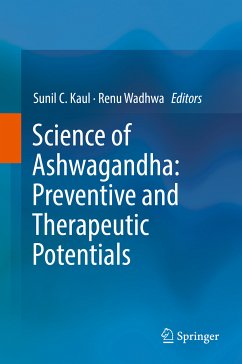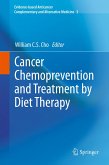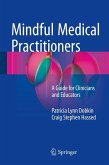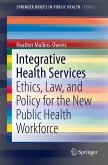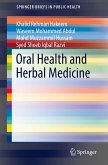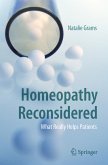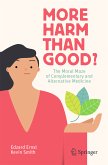Rapidly increasing aging population and environmental stressors are the two main global concerns of increasing incidence of a variety of pathologies in the modern society. The complex etiologies and pathologies cause major challenges to disease treatment. On the other hand, several herbs are known for their health-caring and disease-curing activities. Ashwagandha, a popular herb in Indian traditional home medicine, Ayurveda, has gathered increasing recognition in recent years when the chemically synthesized drugs for single target therapies showed limited success and adverse toxic effects. Ashwagandha is known as a powerful adaptogen and trusted to enhance function of the brain, reproductive system, cell-mediated immunity and increase the body's defense against disease, and possess anti-inflammatory, anticancer and anti-arthritic activities. In this book, for the first time, we provide a complete portrait on scientific understanding of the effects of Ashwagandha and its active principles for a variety of preventive and therapeutic activities.
Dieser Download kann aus rechtlichen Gründen nur mit Rechnungsadresse in A, B, BG, CY, CZ, D, DK, EW, E, FIN, F, GR, HR, H, IRL, I, LT, L, LR, M, NL, PL, P, R, S, SLO, SK ausgeliefert werden.

